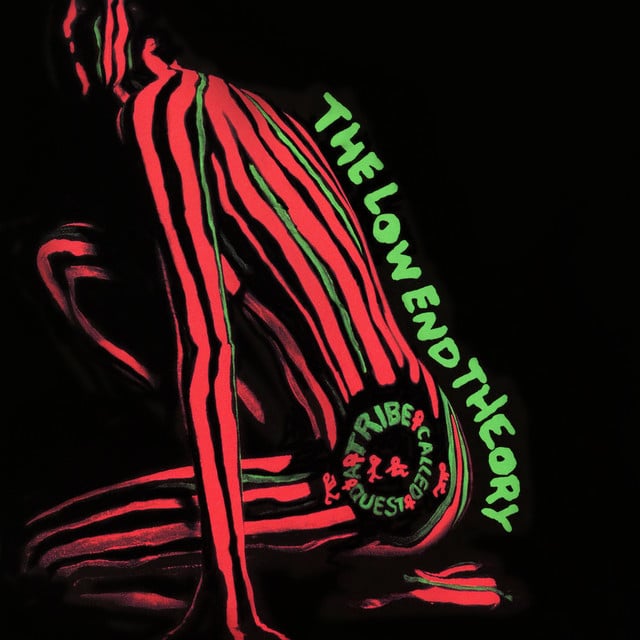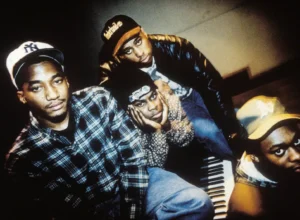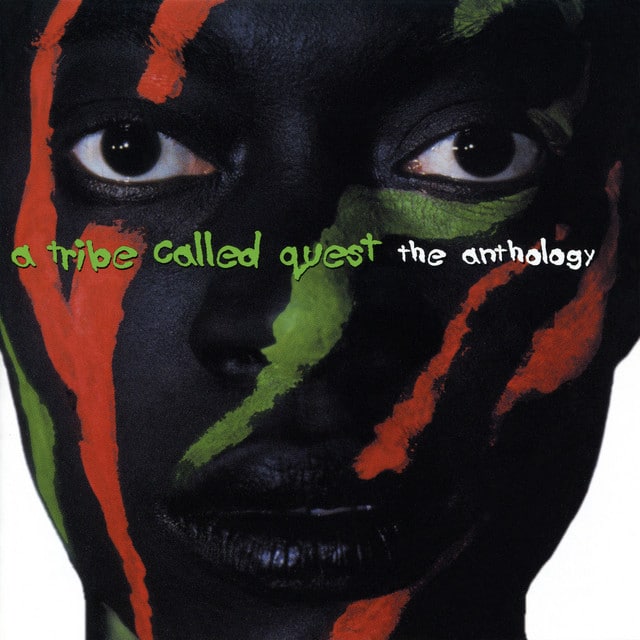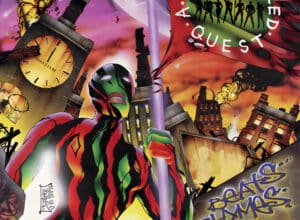Released: 1991
“Buggin’ Out” by A Tribe Called Quest (ATCQ) is a hip-hop classic that dropped from their iconic album “The Low End Theory”. Featuring the lyrics of Phife Dawg and Q-Tip, the song is a lyrical exhibit showcasing their unique wordplay, complex metaphors, and sharp flow. The song explores themes of maintaining authenticity, engaging with adversities, and the experience and perception of the rappers in the burgeoning world of hip-hop.
The track bursts into the scene with Phife Dawg tickling the mic, presenting himself as the five-foot assassin, hitting us with his ‘ruff neck’ business. The ‘ruff neck business’ signifies his tough, gritty approach to his craft. With brimming confidence, he boasts about his rich lyrical skills and his distinctive style that won’t bow down to the pressures of fame or change for commercial gains.
He subtly asserts his uniqueness by naming his preferred brands, like New Balance sneakers, contrasting with the popular choice of Nikes or Adidas in the hip-hop world at the time. The metaphorical use of “I never half step ’cause I’m not a half stepper” is a nod to his whole-hearted commitment to the music and the culture, unlike ‘half-steppers’ who may only half commit or lack authenticity.

Phife’s line about drinking a lot of soda leading to him being called ‘Dr. Pepper’ represents his unique swagger and individuality. Additionally, the mention of “Suckle With the Mission” is a clever hit back at rappers getting ahead without showcasing true skills.
Q-Tip then steps up, leading with the Zulu Nation reference, pointing out their roots in the Afrocentric hip-hop movement. Dropping lines about his lyrical prowess, “the Abstract poet incognito”, Q-Tip reflects on how he can get his message across, whether it’s through explicit language or his eclectic flow.
His critique of the R&B scene then emerges; he deems it unoriginal and accuses it of borrowing heavily from authentic hip-hop styles. Despite the critique, he admits that he cannot pull the plug on it, acknowledging the interweaving of music genres and the influence they have on each other.
The recurring chorus “Buggin’ Out” encapsulates the song’s essence. It captures the frustrations, exasperations, and the feeling of being slightly out of place in an industry that often values commercial success over authenticity.
Phife then digs deeper, highlighting the relentless pressures of fame, the constant scrutiny and judgment he faces, which only adds to his feeling of “buggin’ out”. Still, he stresses on the survival instinct, the need to stay in one’s sense amidst the chaos.
Q-Tip comes back then, reminiscing about their early days, their hustles, and their battles in the hip-hop scene. There is a hint of nostalgia, reminiscing about simpler times when the duo was just carving their niche in the industry without the burden of fame.
Finally, the song wraps up with the chorus, leaving the listener with the constant refrain of ‘buggin’ out’, bringing the whole track full circle. It highlights the raw, real, and messy journey of two MCs navigating the challenges of their careers, while always prioritizing authenticity and artistic integrity over commercial success.








